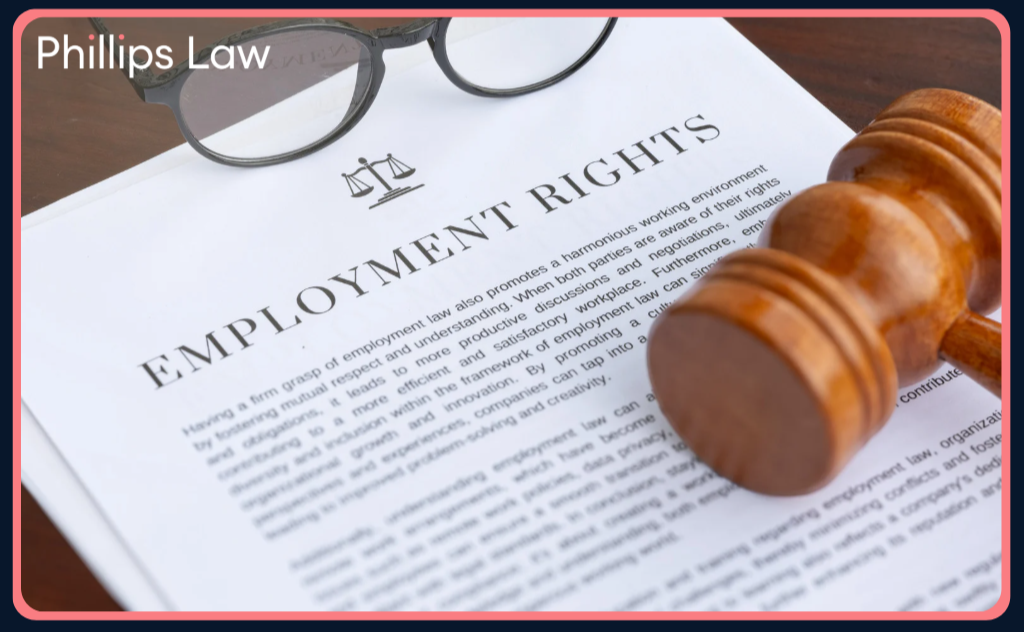
13 September 2019
Starting a new business is an exciting time, but if you are planning to take on an employee, there are various laws and rules and regulations that you need to be aware of.
It may seem obvious, but before recruiting it is important to make sure your business premises are safe and fit for purpose and that you are adequately insured not only for public liability but also for employer’s liability.
An employment contract exists as soon as an applicant accepts your offer of employment even if the contract is only verbal.
It is a must to have a written employment contract to ensure that both you and the employee are clear about what you expect of each other.
Written terms and conditions have to be provided within two months of the start date.
Remember that there are legal obligations placed on all employers including notice periods, the right to be paid the minimum or living wage, rights in respect of holiday pay and sick pay, breaks, pension provision and rights to time off.
The rights to time off include such statutory rights as flexible working, parental leave, dependant leave, maternity, paternity, adoptive and shared parental leave. As an employer you must familiarise yourself with these matters which protect the rights of the employee and also be aware of your obligations in respect of pay during these absences.
You will also need to consider policies and procedures that you might wish to rely on later such as grievance, capability and disciplinary procedures.
If you are hiring self-employed people initially you also need to be aware that if they are not employees but are workers, then they will still have certain rights including an obligation for you to pay them holiday pay. Even workers hired through an agency acquire the right to be treated the same as any employees after 12 weeks in the business.
Employment law is complex and is also constantly changing, with many potentially expensive pitfalls for the unsuspecting. It is imperative that you seek the advice of an Employment Law specialist, such as Gill Brown, at a very early stage so that you do things correctly from the outset.
For advice and assistance please contact Gill Brown on 01256 854605 or email [email protected]
Disclaimer
This article is current at the date of publication set out above and is for reference purposes only. It does not constitute legal advice and should not be relied on as such. Specific legal advice about your specific circumstances should always be sought separately before taking any action.
Contact Us
Please call us or email and we’ll get back to you as soon as possible.

We are delighted to announce that Phillips Law is the regional sponsor of the Knight Frank Schools Triathlon, supporting both the Charterhouse and Marlborough events. The Schools Triath ...
More
What farming families and business owners need to know If you own a farm, land, or a family business, you will have undoubtedly heard that inheritance tax (IHT) rules are changing. Whil ...
More
We are about to see a great wave of Employment Law changes following the Employment Rights Act 2025 becoming law in December. We will use these updates to keep you abreast of the change ...
More
As we look back on a busy and notable January at Phillips Law, we wanted to share a round-up of recent milestones, insights, and community moments from across the firm. Phillips Law cel ...
More
A guide to share incentivisation for employers and an update on the new employment rights. We have created a morning of practical insight that focuses on how you can reward and retain y ...
More
We are proud to announce Victoria’s Promise as Phillips Law’s Charity of the Year for 2026. Victoria’s Promise is a local charity providing dedicated support to young women aged 25 to 5 ...
More